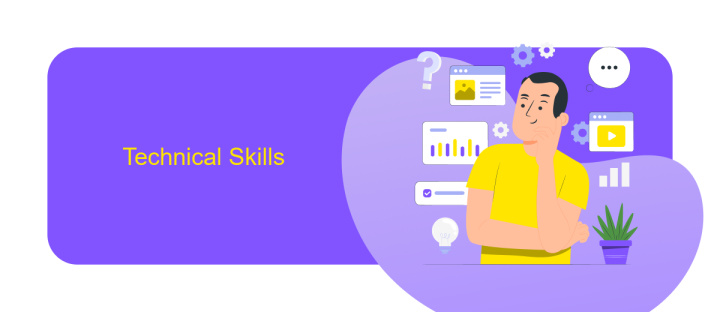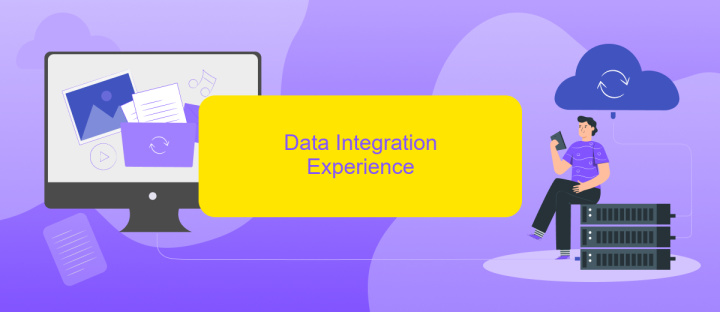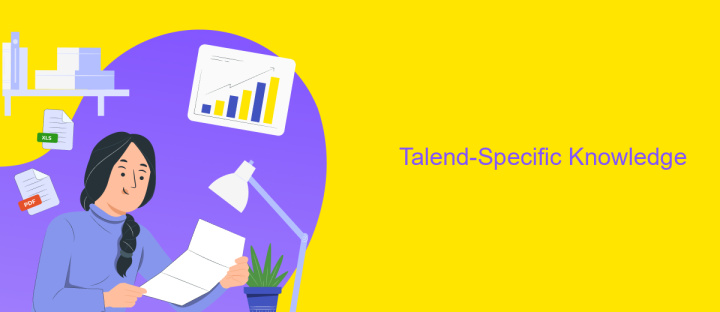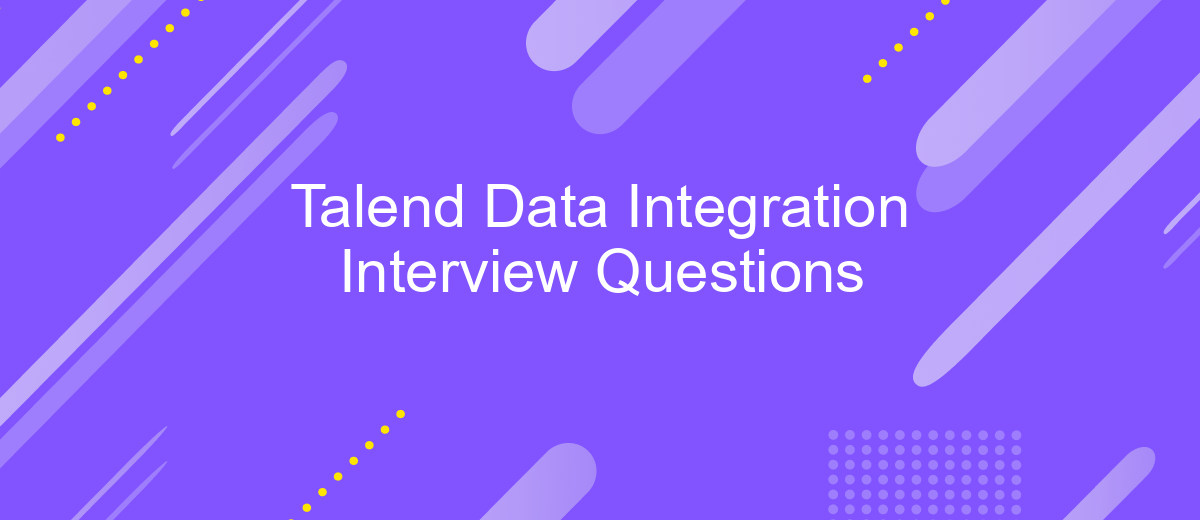Talend Data Integration Interview Questions
Preparing for a Talend Data Integration interview can be a daunting task, given the breadth of knowledge required. This article aims to ease your preparation by providing a curated list of essential interview questions. Whether you're a beginner or an experienced professional, these questions will help you understand key concepts and demonstrate your expertise in Talend Data Integration.
Introduction
Talend Data Integration is a powerful tool that helps organizations streamline their data integration processes, enabling them to efficiently manage and transform large volumes of data. As businesses increasingly rely on data-driven decision-making, the demand for skilled Talend professionals continues to grow. Preparing for a Talend Data Integration interview can be challenging, but having a solid understanding of the key concepts and commonly asked questions can significantly improve your chances of success.
- Understanding of Talend architecture and components
- Experience with data transformation and ETL processes
- Knowledge of different Talend job designs and best practices
- Familiarity with Talend administration and performance tuning
- Proficiency in handling various data sources and formats
In this guide, we will cover some of the most frequently asked Talend Data Integration interview questions. Whether you are a seasoned professional or a newcomer to the field, these questions will help you prepare thoroughly and confidently for your upcoming interview. By mastering these topics, you will be well-equipped to demonstrate your expertise and secure your desired role in data integration.
Technical Skills

Proficiency in Talend Data Integration requires a solid understanding of ETL (Extract, Transform, Load) processes, including data extraction from various sources, data transformation techniques, and data loading into target systems. Familiarity with Talend Studio is essential, as it provides a comprehensive suite of tools for designing, deploying, and managing data integration jobs. Knowledge of Java, SQL, and XML is also crucial, as they are often used in conjunction with Talend to create complex data workflows.
Experience with data warehousing concepts and tools, such as Apache Hadoop and Amazon Redshift, can significantly enhance your capabilities in handling large datasets. Additionally, understanding how to configure and manage integrations using services like ApiX-Drive can streamline the process of connecting various applications and automating data flows. This includes setting up API connections, monitoring data transfer, and ensuring data integrity across different platforms. Strong problem-solving skills and the ability to troubleshoot and optimize data integration processes are also vital for success in this field.
Data Integration Experience

Having hands-on experience in data integration is crucial for any professional working with Talend. This experience allows you to understand the complexities involved in combining data from different sources and formats into a unified and consistent view. It also helps in optimizing the performance and reliability of data integration processes, ensuring that data is accurate and accessible when needed.
- Experience with different data sources such as databases, flat files, and cloud storage.
- Proficiency in using Talend Studio for designing and implementing data integration jobs.
- Knowledge of ETL (Extract, Transform, Load) processes and best practices.
- Ability to troubleshoot and optimize data integration workflows for better performance.
- Understanding of data quality and data governance principles.
In addition to technical skills, effective communication and problem-solving abilities are essential. These skills help in collaborating with team members and stakeholders to ensure that data integration projects meet business requirements and are completed on time. Continuous learning and staying updated with the latest trends and tools in data integration can further enhance your expertise and career prospects.
Talend-Specific Knowledge

Talend is a powerful open-source data integration tool that allows users to connect, transform, and manage data from various sources. It supports a wide range of data integration scenarios, including ETL (Extract, Transform, Load), data migration, and data synchronization.
One of the key features of Talend is its user-friendly graphical interface, which enables users to design complex data workflows without extensive coding knowledge. Talend also offers a robust set of built-in connectors and components, making it easier to integrate with different databases, cloud services, and applications.
- Drag-and-drop interface for designing data workflows
- Support for a wide range of data sources and formats
- Extensive library of pre-built components and connectors
- Real-time data integration and processing capabilities
- Scalability to handle large volumes of data
Understanding these core features and functionalities is crucial for anyone preparing for a Talend Data Integration interview. Familiarity with Talend's tools and components will enable you to demonstrate your proficiency and effectively address any technical questions that may arise during the interview.


Additional Questions
When preparing for a Talend Data Integration interview, it's important to understand various aspects of the tool, including its components, job designs, and performance optimization techniques. You might be asked about different Talend components like tMap, tJoin, and tFilterRow, and how they are used in data transformation processes. Additionally, be prepared to explain how to design efficient jobs, handle exceptions, and implement logging mechanisms to ensure smooth data integration workflows.
Another key area to focus on is the integration capabilities of Talend with other systems and services. You may be asked how to configure Talend to work with APIs and third-party services like ApiX-Drive, which can automate and streamline data integration tasks. Understanding how to set up API connections, manage data flows, and ensure data security when integrating with external systems will demonstrate your comprehensive knowledge of Talend Data Integration.
FAQ
What is Talend Data Integration?
What are the key components of Talend Data Integration?
How can you automate data integration tasks in Talend?
What is the role of metadata in Talend Data Integration?
How do you handle error handling in Talend Data Integration jobs?
Routine tasks take a lot of time from employees? Do they burn out, do not have enough working day for the main duties and important things? Do you understand that the only way out of this situation in modern realities is automation? Try Apix-Drive for free and make sure that the online connector in 5 minutes of setting up integration will remove a significant part of the routine from your life and free up time for you and your employees.

